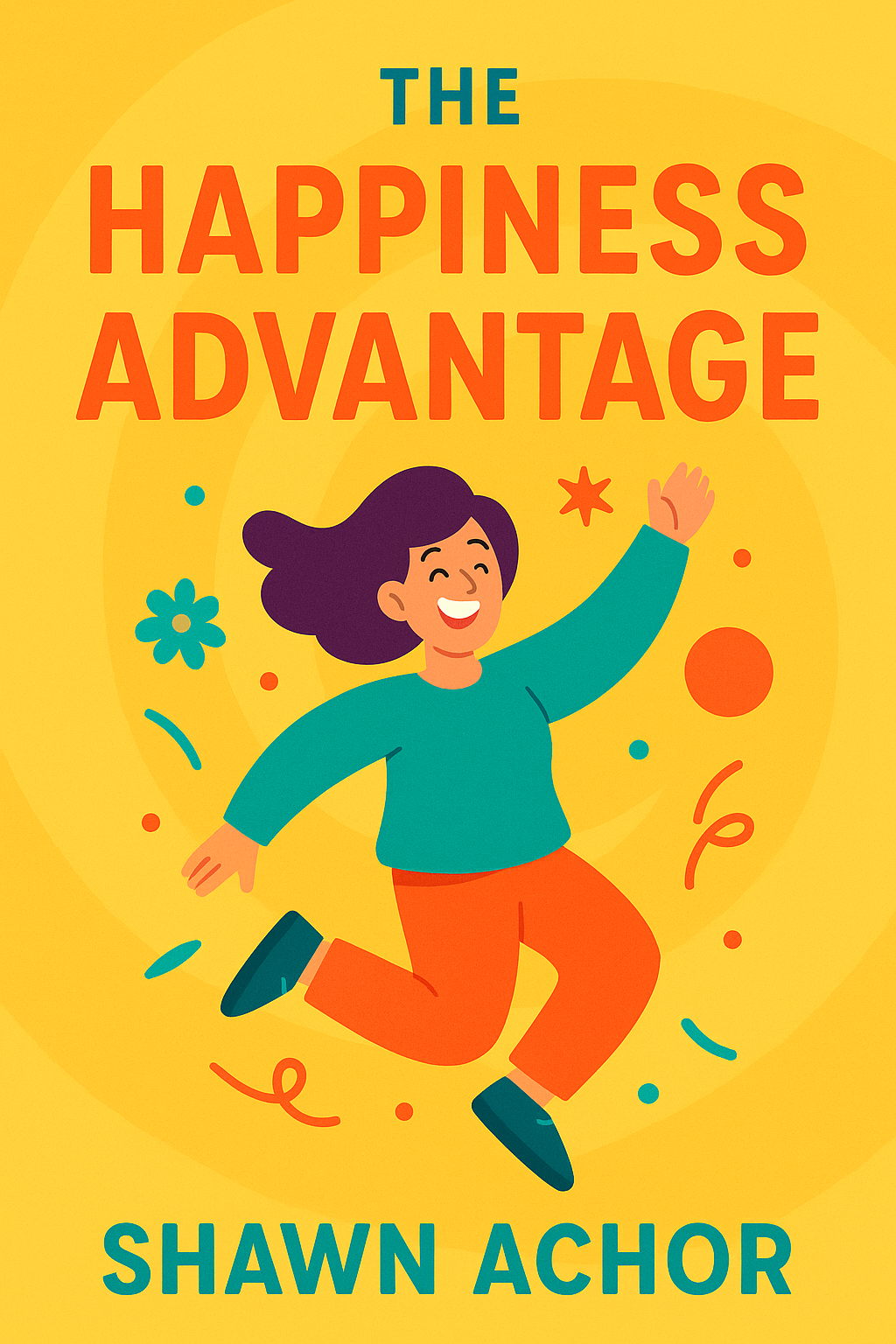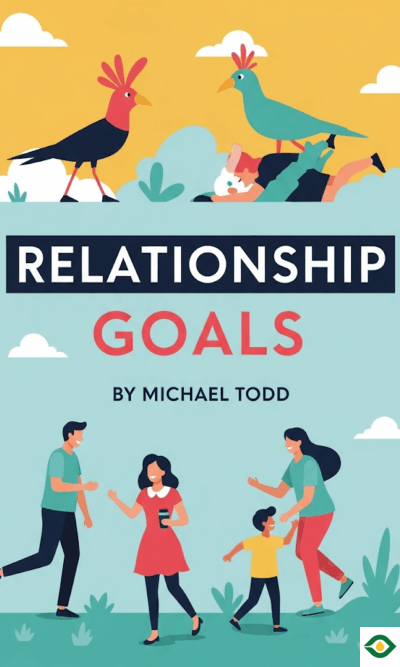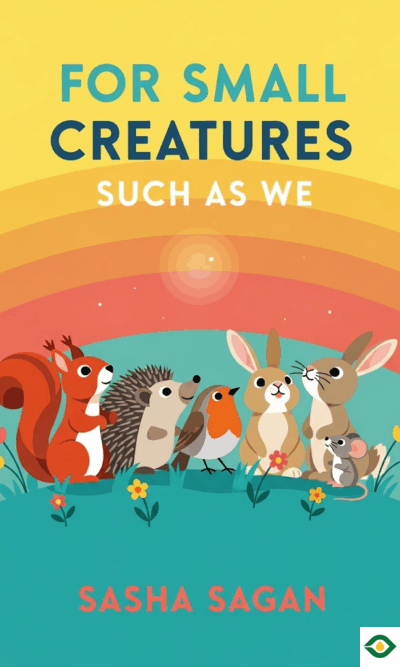Description
Most of us grow up believing that happiness comes after success. We imagine that if we study harder, work longer hours, earn promotions, and make more money, then happiness will naturally follow. But the truth is the opposite. Happiness is not the reward for success—it is the foundation that allows success to happen in the first place.
When we feel happy, our brains work better. We think more clearly, solve problems faster, and stay motivated longer. Positive emotions expand our view of the world and open us to new ideas. On the other hand, negative emotions shrink our perspective. When we are stressed or sad, our energy goes into survival, not creativity or growth. This means that the path to lasting success begins not with working harder, but with creating a mindset of joy and optimism.
Traditional psychology often focuses on fixing what is wrong with people. It studies depression, anxiety, and trauma. While this is important, it overlooks the other side: what makes people thrive. Positive psychology fills this gap by asking, “What helps people flourish? What makes some individuals more resilient, creative, and fulfilled than others?” By focusing on strengths rather than weaknesses, positive psychology shows us that happiness is not only possible—it can be trained and developed.
One of the clearest findings is that happiness gives us a measurable advantage. People who feel positive tend to achieve more in school, at work, and in their personal lives. In companies where employees feel happy, productivity and creativity rise. Happier people are also healthier, recovering faster from illness and living longer. This advantage doesn’t belong only to naturally cheerful people—it can be learned by anyone who chooses to practice certain habits.
One of the simplest practices is gratitude. By training your brain to look for the good in everyday life, you reshape how you see the world. For example, writing down three good things that happened each day can slowly rewire your brain to notice more positives than negatives. Over time, this builds optimism and resilience.
Another way to create happiness is through anticipation. Simply looking forward to something enjoyable—such as a meal with a friend, a weekend trip, or even watching a favorite show—can raise your mood significantly. Studies show that the act of anticipating often brings more joy than the event itself. This means that filling your days with things to look forward to can keep your happiness high.
Mindset is also powerful. The way you choose to see an event can change its meaning. Imagine two people face the same setback at work. One thinks, “This proves I’m not good enough.” The other thinks, “This is tough, but I can learn from it.” The second person will grow stronger from the experience, while the first person may stay stuck. This difference in interpretation can shape entire careers and lives.
Failures, then, are not the end. They can become turning points. History is filled with stories of people who transformed rejection or defeat into fuel for greatness. What matters is not the failure itself, but whether you let it push you down or lift you higher. By choosing to “fall upward,” you use challenges as stepping stones rather than roadblocks.
Control is another essential part of happiness. People who believe they have power over their future are far more likely to succeed. This doesn’t mean we can control everything—life will always throw surprises our way. But focusing on what you can influence, instead of obsessing over what you cannot, gives you strength. Writing down your worries and separating them into “things I can control” and “things I cannot” is a simple way to regain perspective. Small wins, built step by step, eventually create big achievements.
Habits also play a huge role. Many people rely only on willpower to make changes, but willpower runs out quickly. A smarter approach is to design your environment so that good habits are easy and bad habits are hard. If you want to exercise more, keep your shoes where you can see them. If you want to stop snacking late at night, keep unhealthy food out of reach. These tiny adjustments lower the “activation energy” required to take action, making change more natural and lasting.
Happiness is also deeply social. We are not meant to live or work alone. Strong connections with others act as powerful sources of energy, support, and resilience. Even small daily interactions—sharing a laugh, giving a compliment, or having a coffee with a colleague—can make a big difference. People with close social ties are less likely to suffer from depression, perform better in teams, and feel more satisfied with their lives. Gratitude plays a role here as well. Recognizing others’ efforts, thanking them, and showing appreciation strengthens bonds and builds trust.
The beauty of happiness is that it spreads. Just like yawns are contagious, so is joy. When you approach life with optimism, people around you pick up on it. This creates a ripple effect, where your positive mood inspires others, and theirs in turn influences more people. Over time, this can shift entire groups, workplaces, and even communities toward a more positive culture. Small actions—like kindness, encouragement, or simply smiling—can spark a chain reaction that reaches far beyond what you can see.
Ultimately, the Happiness Advantage is not about ignoring problems or pretending everything is perfect. It is about choosing to focus on the strengths, opportunities, and joys that already exist, even in difficult times. By doing this, you prepare yourself to handle challenges with energy and creativity, rather than fear and exhaustion.
The main message is simple: success does not lead to happiness; happiness leads to success. You do not need to wait for the perfect job, the right partner, or a bigger paycheck to feel good. You can begin right now by shifting your perspective, noticing the positives, building supportive connections, and creating habits that bring joy. These small daily choices build a life that is not only more successful, but also more meaningful and fulfilling.
So, if you want to give yourself the best possible advantage in life, start by choosing happiness. From there, everything else begins to fall into place.





